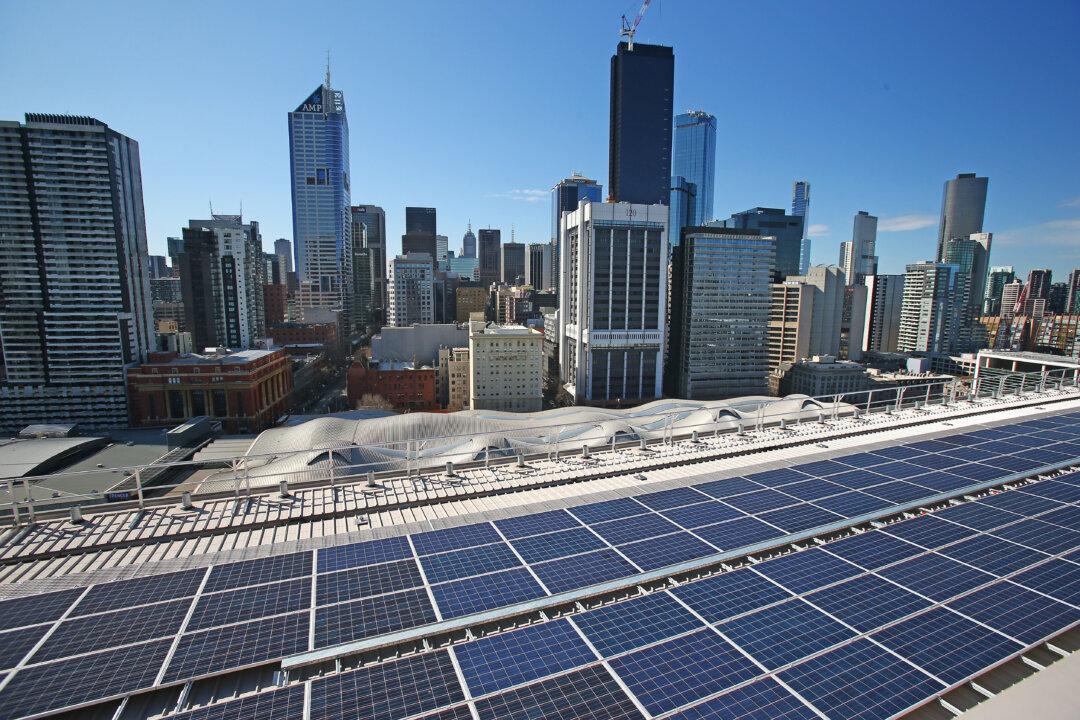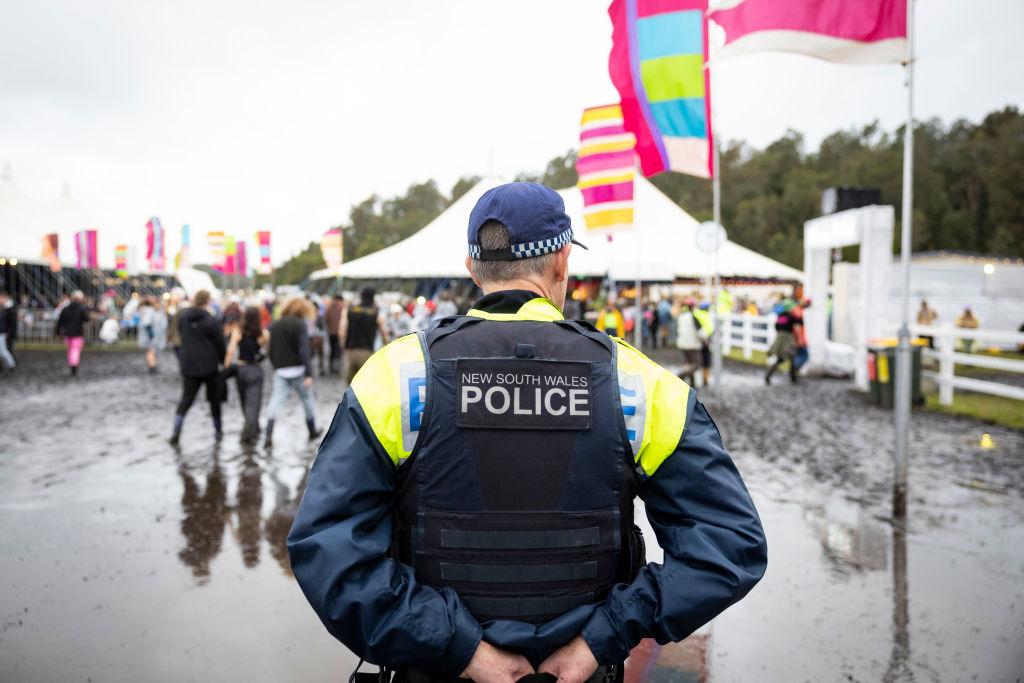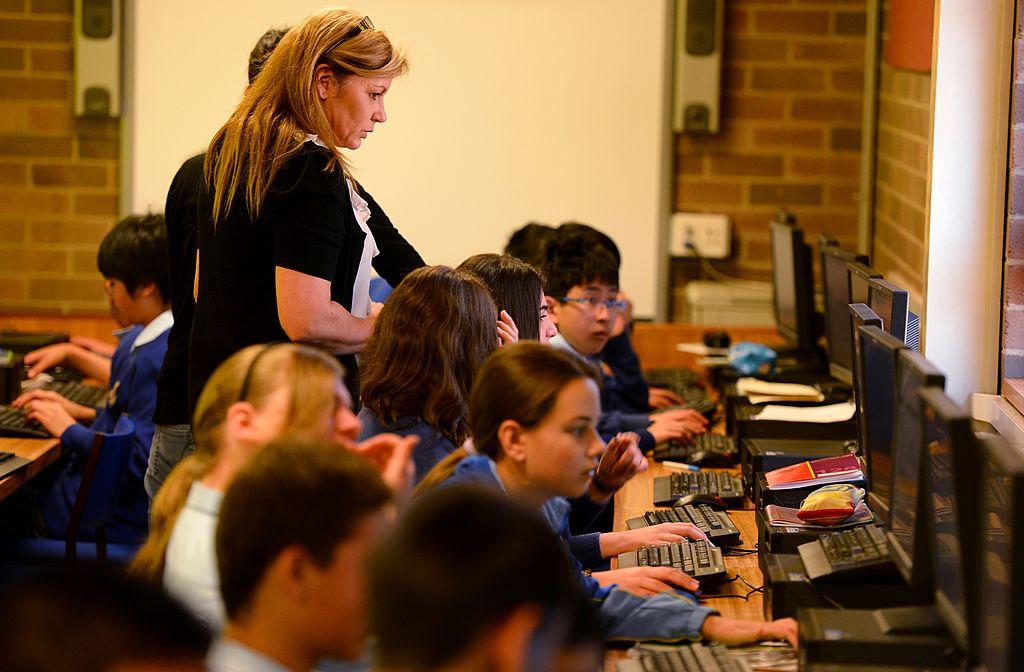The Victorian government’s electricity commission is gearing up to power one of the largest battery projects in the world.
The newly revived State Electricity Commission (SEC) has invested $245 million (US$162 million) to double the size of the $1 billion Melbourne Renewable Energy Hub near Melton in Melbourne’s outer west.





